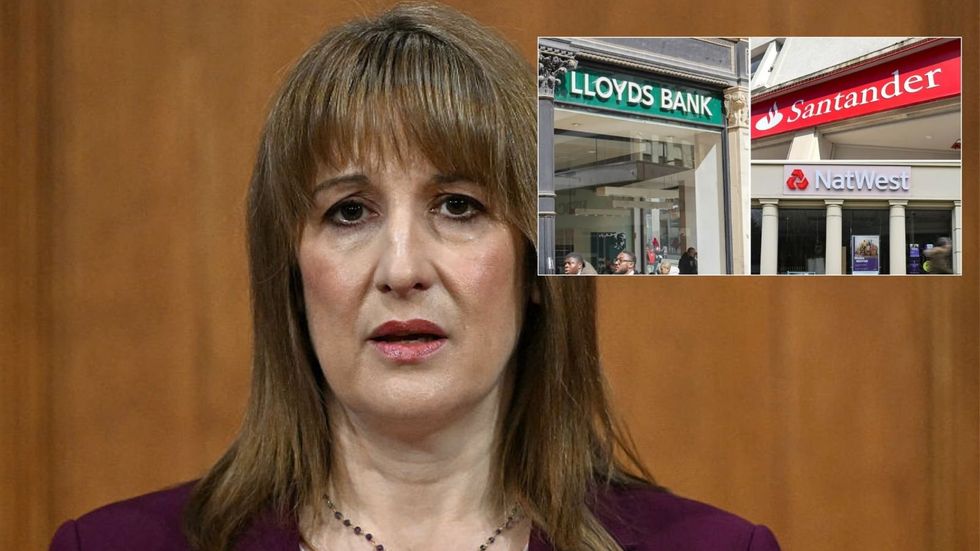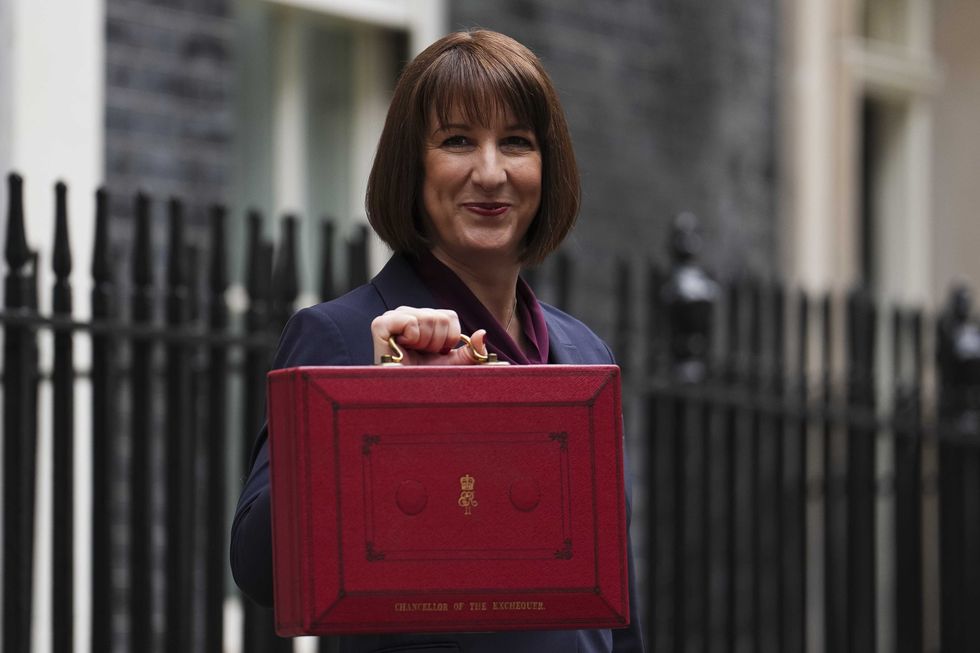Rachel Reeves has decided against imposing new taxes on the banking sector in her November 26 fiscal statement, according to multiple reports.
The Chancellor has told Treasury colleagues she intends to maintain current taxation levels for financial institutions, prioritising competitiveness and economic growth.
The decision follows extensive Treasury discussions, with sources indicating Ms Reeves views Britain’s lenders as already facing substantial tax obligations compared with international rivals.
“There’s obviously a list of possible tax measures, but raising taxes on banks is a long way down that list,” one person briefed on her thinking told the Financial Times.
The move will come as a relief to City institutions that had expected potential increases to their existing tax burden.
Financial institutions currently pay a corporation tax rate of 28 per cent, three percentage points above the standard rate for other businesses.
In addition, lenders pay a balance sheet levy of up to 0.1 per cent on parts of their assets.
Together, these measures are forecast to raise around £2.5billion for the Treasury in the next fiscal year.
Banks had braced for possible increases amid speculation that the Chancellor might target their profits to demonstrate political balance while addressing ordinary taxpayers.
British lenders have reported exceptional earnings in recent years, driven by higher interest rates widening the margin between borrowing and deposit costs.

This surge in profitability has boosted valuations across the sector to their strongest position in more than a decade.
Industry research from UK Finance and PwC shows British banks face a total tax burden of 46.4 per cent, considerably higher than their overseas competitors.
In New York, the equivalent figure stands at 27.9 per cent, remaining unchanged while London’s has risen by 0.6 percentage points.
Another individual familiar with the Treasury’s internal discussions said: “She is not minded to do this.”
A separate source added: “Banks are already paying a lot of tax. We aren’t going to do it.”
Ms Reeves is said to have acknowledged during meetings in Washington last month that she accepted evidence showing UK lenders already bear a relatively heavy tax load.
LATEST DEVELOPMENTS
- Rachel Reeves could break manifesto pledge in Budget by slashing £6BILLION from energy bills support
- Rachel Reeves urged to ‘stick to her guns’ and halve tax-free cash ISA allowance to £10,000
- Pensioners could be ‘forced out of homes’ under Treasury plans to double council tax to over £9,000

“It’s not all about tax, but I do want to have a competitive environment for all businesses in Britain,” Ms Reeves said at the time.
Bank executives have held talks with Treasury officials in recent weeks to highlight concerns about competitiveness.
Lloyds Banking Group chief executive Charlie Nunn warned that higher taxes “wouldn’t be consistent” with Labour’s focus on financial services as a driver of growth.
NatWest’s Paul Thwaite added: “Strong economies need strong banks,” saying the sector would prefer to invest in lending to boost growth “for the good of the country.”
Markets reacted positively to the reports, with Lloyds and NatWest shares up more than 2 per cent on Thursday, while Barclays rose 1.6 per cent.

The sector contributed £43.3billion in tax during the financial year ending March 2025, with the increase partly attributed to higher employer National Insurance contributions introduced by the Chancellor.
Ms Reeves faces a fiscal shortfall estimated between £20billion and £30billion, which she must address in her upcoming Budget.
Alternative revenue options under review include higher levies on premium property and potential capital gains charges for wealthy individuals relocating abroad.
Sources say there remains “fierce debate” around an exit tax proposal that would collect revenue from unrealised gains when affluent residents leave the UK.
The Treasury also aims to strengthen its fiscal buffer, currently standing at £9.9billion, while avoiding what Ms Reeves has described as “austerity-style” measures.
Our Standards:
The GB News Editorial Charter







Follow